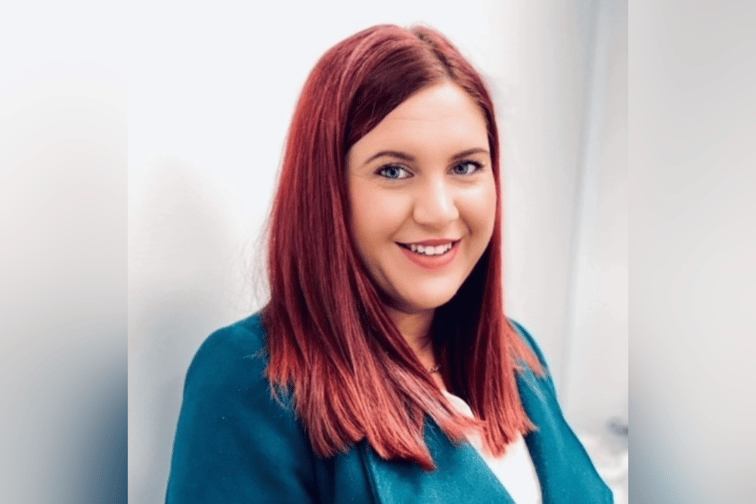

Regional brokerages could benefit from focusing on building community connections rather than competition, according to Ashleigh Pakis, director of Panache Financial.
Pakis (pictured above), who won both the Young Professional Award and the Regional Finance Broker Award at the MFAA NSW/ACT State Excellence awards last Thursday, said broking was not all about making deals but building connections and a sustainable lifestyle.
“Regional towns are hard to crack,” said Pakis, who is based in Goulburn. “Everyone talks, it's like wildfire. It's a small town, so if you say something to someone, it will get back to them.”
Pakis, who celebrated her double victory at the MFAA awards in Sydney, suggests the key to cracking the community is investing in relationships.
“You need to be part of the chamber [of commerce]. You need to do volunteer work. You need to do community jobs. You need to sponsor the sport teams and make your face the public face to be recognised,” Pakis said.
“You have to be more personable than just the facts and numbers. You need to align with their values because if they don’t align they’re not going to believe in your service or product.”
Growing up with drug-addicted parents, moving around a lot, and living in a caravan throughout her teens, Pakis’ journey is etched with adversity.
But after a rocky beginning, the real estate and mortgage industry provided some stability in her otherwise turbulent life. After working as a broker for a Rams franchise, Pakis started her own business, Panache Financial, in Goulburn in 2017.
Pakis said her experiences made her approach life and broking in a way that promoted empathy and compassion no matter the client.
“Whether you are dealing with a high-calibre or low-calibre person, you've just got to have empathy and compassion for them and support them right through the biggest purchase of their life,” she said.
Still, Pakis said she couldn’t escape the feeling of imposter syndrome – the feeling of thinking you are alone or incompetent – because she was the only female broker in Goulburn.
“It was a very male-dominated industry, business bankers, all the bankers in town were men … I was very different to the norm in this environment.”
The MFAA’s Industry Intelligence Service Report 15th edition, supported by research from Comparator, supports Pakis’ observation, revealing that women’s mortgage industry participation had declined to 25.4%.
“I hate to say it, but it’s a boys club,” said Pakis. “You walk into a room and you’ll see a sea of men, not a sea of women and some women can be confronted by that.”
Although the statistics paint a stark picture for female brokers, Pakis believes that the landscape is changing and that women have the soft skills needed to excel in the role.
“When you're strip it back, we do the exact same job as what men do, but we just do it in our own way,” she said. “For most women, it isn’t about the numbers, it’s about helping someone achieve a goal.”
Now that she has won a few awards, Pakis feels she can champion female representation in the mortgage industry and she’s encouraging other women leaders to do the same.
“I think you will see more women's growth in rural and regional areas because they normally have been there supporting their husbands and doing all the back end of their businesses,” she said. “They get it. They understand what it takes. They've just got to define what their niche is.”
Pakis urges young regional brokers, and particularly women, to absorb everything from the people around them and to just focus on relationship building.
“You don't need to start with a million clients, you just need to start with five or two or close friends and family and get the ball rolling and then it’ll grow.”
